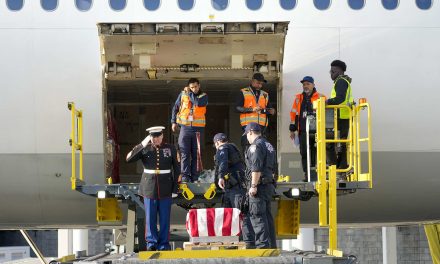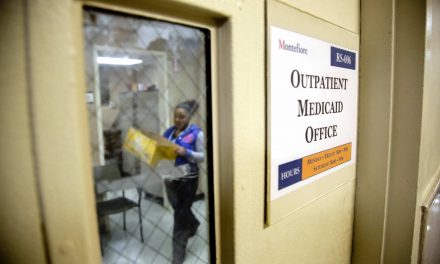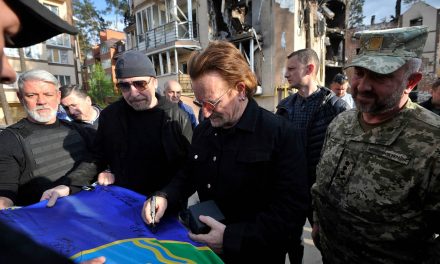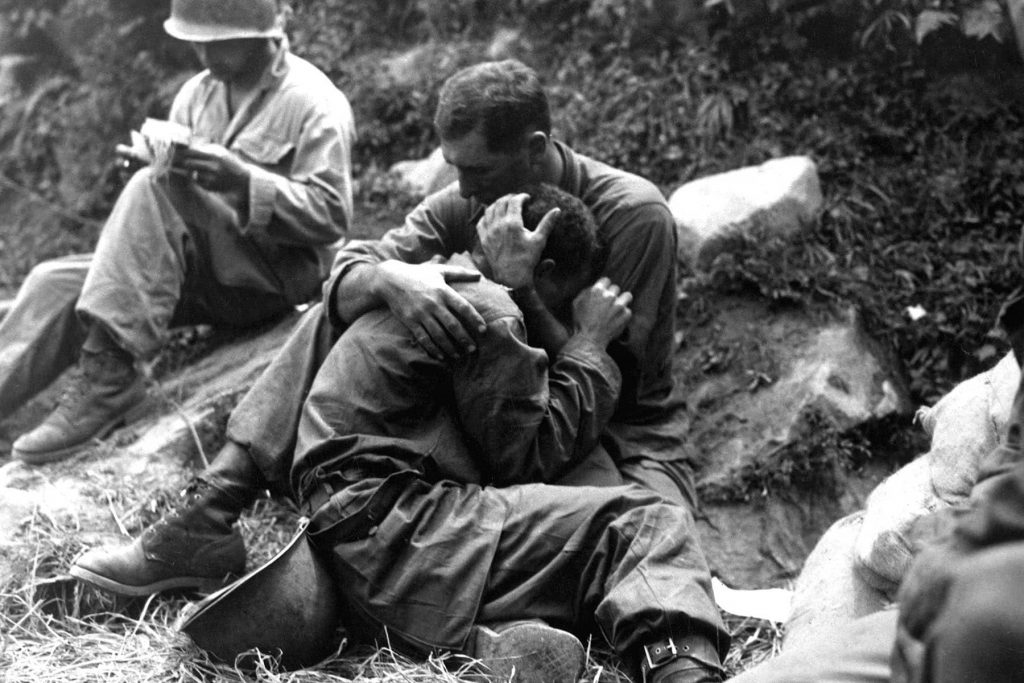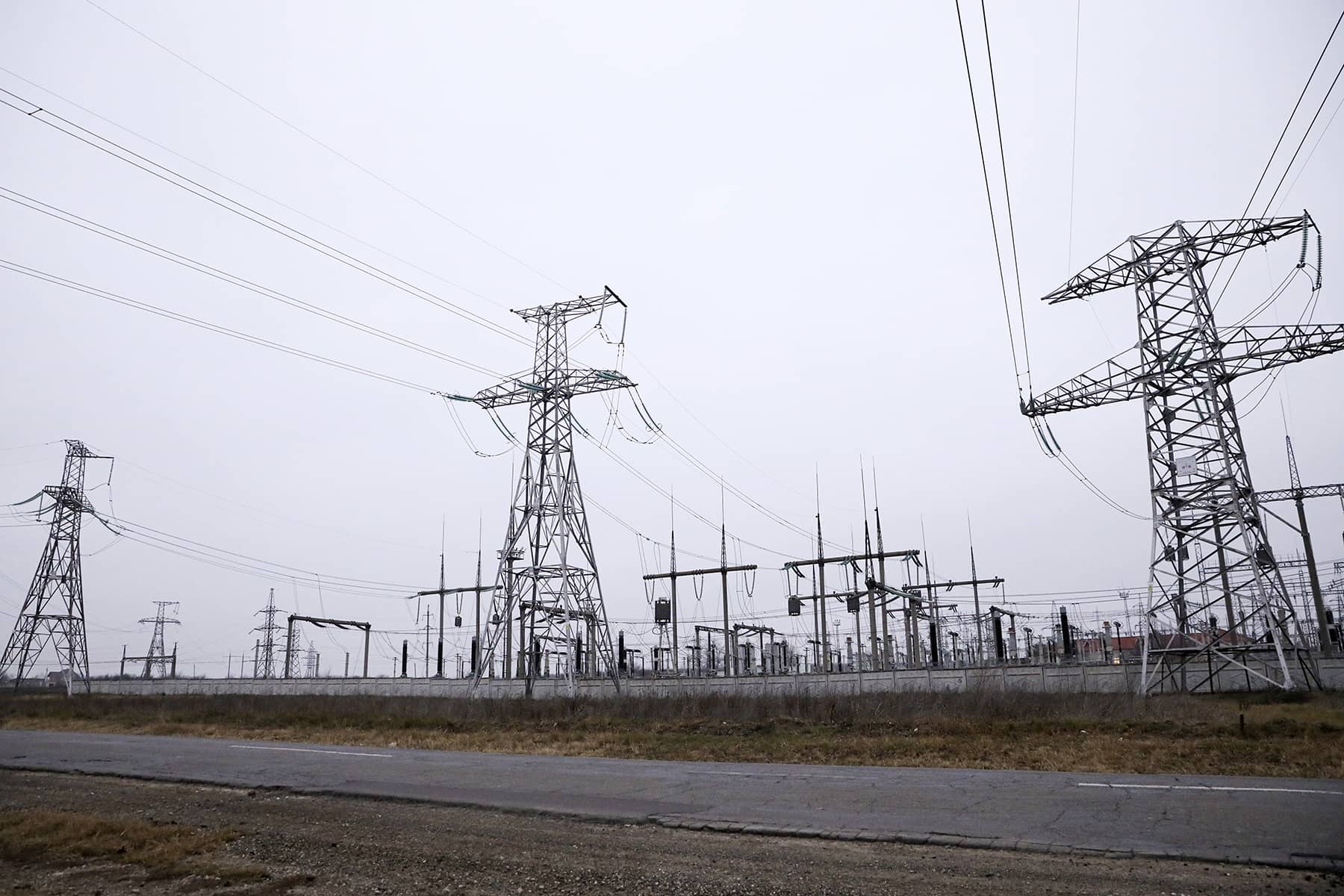
Diplomats are drumming up money and other support on November 21 for Europe’s poorest country, Moldova, which is suffering massive blackouts, heavy refugee flows and potential security threats from the war in neighboring Ukraine.
The international aid conference in Paris was aimed at “concrete and immediate assistance” for the land-locked former Soviet republic, according to the French Foreign Ministry. Two previous conferences for Moldova this year raised hundreds of millions of euros, but as the war drags on, its needs are growing.
“This international support is all the more important as Moldova is currently facing an unprecedented energy crisis which, with the approach of winter, poses a risk of a humanitarian crisis for the Moldovan population,” the ministry said.
Broad blackouts temporarily hit more than a half-dozen Moldovan cities last week as the Russian military pounded infrastructure targets across Ukraine. Moldova’s Soviet-era energy systems remain interconnected Ukraine, which is why the Russian missile barrage triggered the automatic shutdown of a supply line.
Earlier this month, the European Union pledged nearly $260 million to help Moldova after Russia halved its natural gas supply. Moldova’s energy crisis worsened when Transnistria — a Moscow-backed separatist region of Moldova with a key power plant — also cut electricity to other parts of the country.
Sharply rising energy costs and skyrocketing inflation are set to put a huge strain on consumers in the country of about 2.6 million people as the cold season begins to grip.
Moldova relied heavily on Russian energy before the war, and has increasingly been looking to forge closer ties with the West. It became a candidate for EU membership in June, along with Ukraine.
“Moldova has good friends, together with whom we will manage to overcome the dramatic costs of the war on the economy and the energy sector,” Nicu Popescu, Moldova’s Foreign Minister, wrote online Sunday. “Together, we will bring Moldova into the European Union.”
Moldova’s pro-Western president, Maia Sandu, also met French President Emmanuel Macron on November 21.


